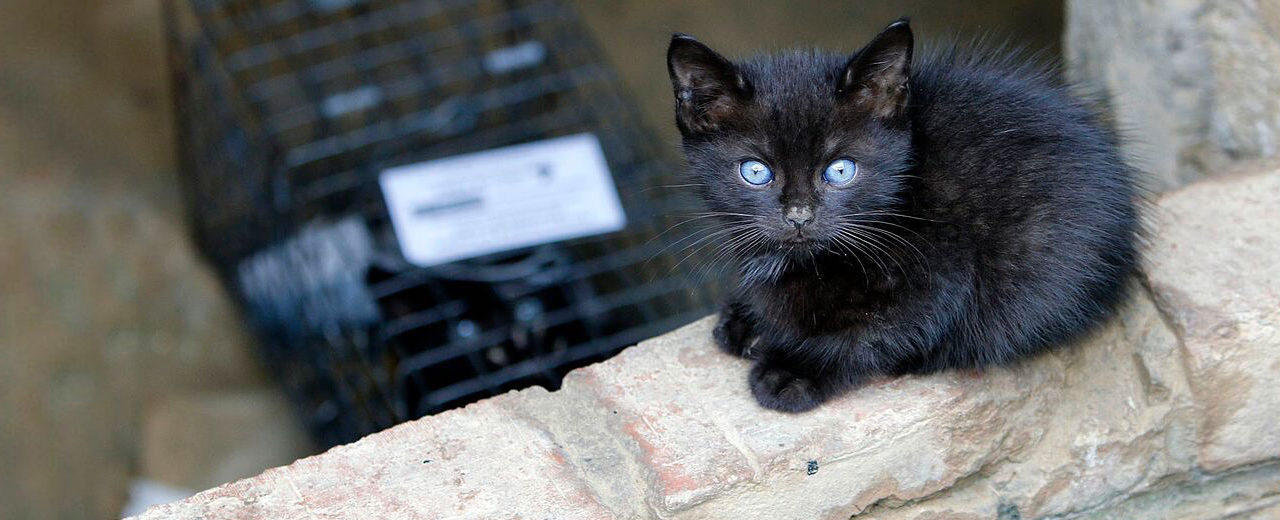What Is World Spay Day? Why Should We Care?
“They can’t read or write, but they sure can multiply.”
Every year, animal lovers around the globe mark World Spay Day, a significant event dedicated to raising awareness about the importance of spaying and neutering pets. Held on the last Tuesday of February, this day serves as a reminder of the critical role that spaying and neutering play in controlling the pet population and promoting responsible pet ownership.
Spaying, the surgical removal of a female animal's ovaries and uterus, and neutering, the surgical removal of a male animal's testicles, are commonly performed procedures that have numerous benefits for both pets and their human companions.
One of the most compelling reasons to spay or neuter a pet is to help address the issue of pet overpopulation. Millions of stray and unwanted animals end up in shelters each year, and many of them are the result of unplanned litters. By spaying and neutering pets, we can prevent these unplanned pregnancies and reduce the number of animals euthanized in shelters due to overcrowding.

Beyond population control, spaying and neutering offer a range of health benefits for pets. For female animals, spaying eliminates the risk of uterine infections and greatly reduces the risk of mammary gland tumors, especially if the procedure is performed before the first heat cycle. Neutering male animals can help prevent testicular cancer and reduce the risk of prostate problems. Additionally, spayed and neutered pets are less likely to exhibit certain behavioral issues, such as roaming, aggression, and marking territory with urine.
Despite the clear advantages of spaying and neutering, there are still misconceptions and barriers that prevent some pet owners from pursuing these procedures. Some individuals may worry about the cost of surgery or have concerns about the safety and welfare of their pets during the procedure. However, spaying and neutering are routine surgeries performed by trained veterinarians, and the benefits far outweigh the risks. Many communities also offer low-cost spay/neuter programs to make these services more accessible to pet owners of all financial backgrounds.
Education and outreach efforts are crucial in promoting the importance of spaying and neutering. World Spay Day provides an excellent opportunity to engage with pet owners, share information about the benefits of these procedures, and encourage responsible pet ownership practices. By highlighting success stories, providing resources, and dispelling myths, we can empower pet owners to make informed decisions about their pets' reproductive health.

Photo: alleycat.org
In addition to spaying and neutering owned pets, it's essential to support efforts to spay and neuter community cats and stray animals. Trap-neuter-return (TNR) programs, which involve trapping, sterilizing, and returning feral cats to their original location, have proven effective in managing feral cat populations humanely.
- Trap: All feral cats in a colony, or as many as possible, are humanely trapped.
- Neuter: The trapped cats are taken to an animal or veterinary clinic to be spayed or neutered, receive vaccinations, and are sometimes marked by eartipping to let people know that the cat has been through the TNR process.
- Return: Healthy adult feral cats are returned to their outdoor homes, where their lives are greatly improved without the strains of mating behaviors (aggression, fighting) and pregnancy. Stray cats and kittens that are socialized to humans are adopted into homes.
As we observe World Spay Day, let us recommit ourselves to promoting responsible pet ownership and ensuring that every pet has the opportunity to live a healthy, happy life. By spaying and neutering our pets, we can make a meaningful difference in reducing pet overpopulation, preventing unnecessary suffering, and strengthening the bond between humans and animals. Together, we can create a world where every pet is valued, loved, and cared for.



















Leave a comment